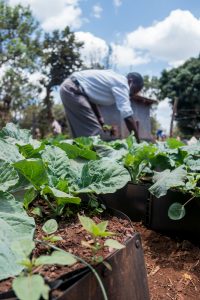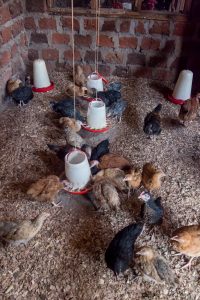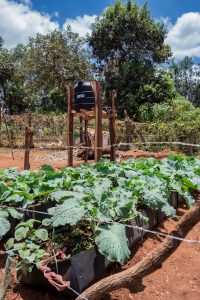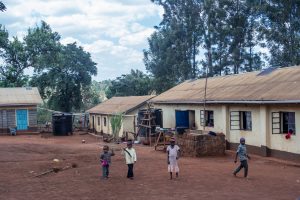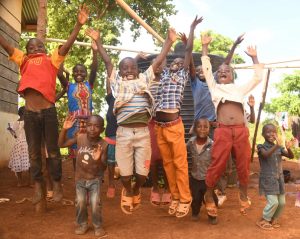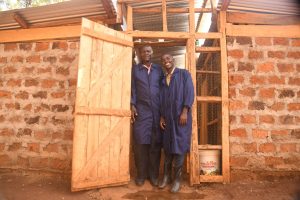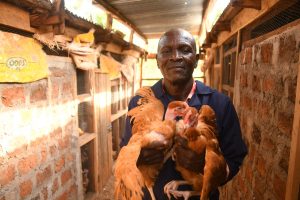As a people-centric organization, Kitechild views success through a long-term lens to analyze how a partner is doing, not just focusing solely on the success or failure of an individual project. We happily learn from individual projects, both successes and failures, to integrate these lessons into future projects and ongoing interactions with partners. However, it is in the implementation of multiple projects where we see real transformation, beyond the sum of individual projects. While we do evaluate and measure projects’ financial sustainability, added self-sufficiency, and improved quality of child care, when we look the partner and our partnership, we see a metamorphosis in the blossoming of vision, the inspiration for the partner to implement its own new projects, the growth of individual’s capacities and skills, and the ripple of jobs, nutrition, empowerment of women, and outreach within the community.
Founded in 2004, Watoto Wema started as a community school, and soon transitioned into a children’s care center, when the directors, Wasilwa Lusweti and Marjolein Vandekolk, realized that several students had no home to go to after school. These children were “double orphans;” they had lost both parents. Today, the center welcomes double orphans, and children from abusive living conditions or without basic needs. 60 children call Watoto Wema their transitional home.
Challenges
In 2012, when Kitechild and Watoto Wema began their partnership, Watoto Wema faced a number of challenges as a young organization which were financial, management, and planning challenges. Their income was entirely dependent on unpredictable donations, which did not allow reliable budgeting or planning for upcoming needs, improvements, or growth.
While authentically attempting to provide good care for its residents and run an honest operation, they lacked good operation procedures and a clear, detailed strategic plan at that time. Best care practices such as a reintegration plan and a qualified full-time social worker were missing from their care programming. Together, we undertook a number of projects and trainings, which has since allowed them realize tremendous organizational growth to meet these shared goals and values.
However, like any growing organization new challenges arise — increasing need for total financial independence, which they are working towards. With the transformation from a residential care center to a rescue and rehabilitation center, continual training of staff to handle issues of street children (e.g. trauma , drug addiction, etc.) and more resources for reintegration, especially family strengthening and adolescent skills training, is needed.
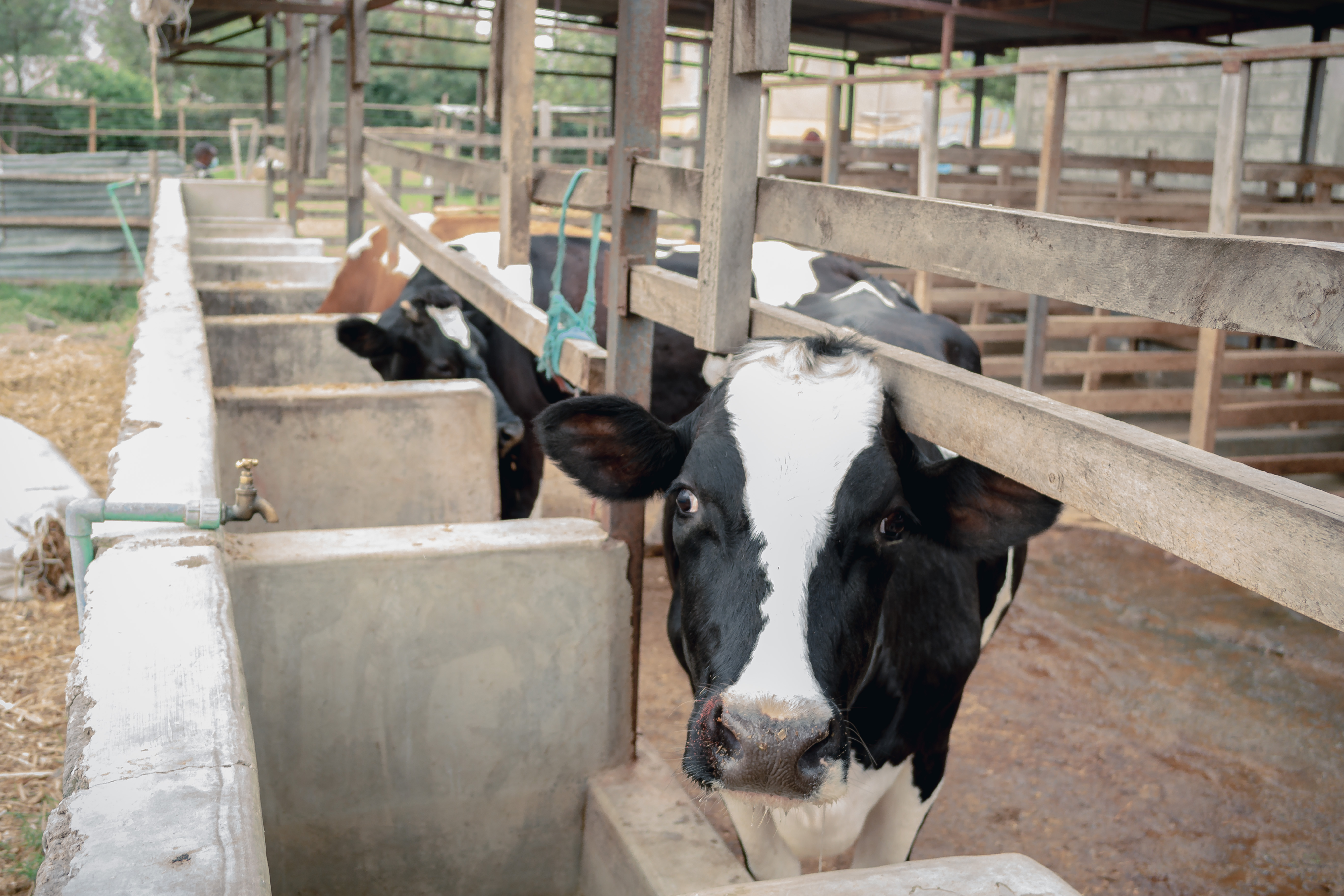
Collaborative Projects
KiteChild’s belief in change, not charity through partnerships, eco-conscious, and economic self-sufficiency projects fit well with Watoto Wema’s goals and aspirations. No single project could address all the challenges but through an ongoing partnership, which we established in 2013, we gradually identified projects that were community-, culturally-, and organizationally- appropriate. These projects would be steps toward improving strategic planning, organizational operations, and childcare.
To date, Kitechild and Watoto Wema has collaboratively implemented four initiatives:
- Dairy Cows (2018) – 4 dairy cows for milk production; 2 more added later
- Greenhouse (2015) – 1 greenhouse and Artemis cultivation management system
- Chicken Coop (2013) – 30 chickens for egg production
- LifeStraw Water Filters (2013) – water filters for
the drinking water faucet
Additionally, Watoto Wema participated in 3 Reintegration Trainings (2017,’18, ’19) offered by Kitechild. Kitechild’s Project Manager Martha Maina provided zero cost consultant advising on organizational structure and caregiving practices.
Impact

Currently, Watoto Wema is saving approximately US$3,141 per year through greenhouse farming and dairy cows. These programs have improved the resident children’s nutrition through diversification of foods and stability of meals with 2 meals a day. Improved nutrition and food stability has been shown to increase children’s school performance which Watoto Wema has seen with its residents. Lower and upper primary school students saw a 4% and 10.4% respective increase in their point system grade average. The high school students average letter grades raised from a C- to a C+.
Additionally, through the sale of the excess produce and milk and produce, the center generates approximately US$5,889 per year with approximately US$3,600 of the income used for the dairy production costs. Three jobs at the center (2 men and 1 woman) and five local jobs for women have been created which benefits the community. The greenhouses and farm have become a training center through the local university for 10 farmers, the children at the center, and community. After receiving training, one neighbor started their own greenhouse!
From the Reintegration Trainings, 23 children have been successfully and safely reintegrated back into their families and communities. Two jobs at the center were created: a social worker and assistant. The intake procedures for new residents were improved and an “exit plan” and protocol for reintegrating children to their families as soon as it is safe and prudent were added. Due to the excellent childcare and through networking, the government has made Watoto Wema a site for street child rehabilitation. Currently, Watoto Wema has 38 residents who are in this program. The government pays for these children’s room and board providing additional financial stability for the organization.
The consultancy on organizational management has increased transparency through better financial and human resource procedures. Watoto Wema now has a nine-person board to assist with oversight and decision making.
Secondary Impact
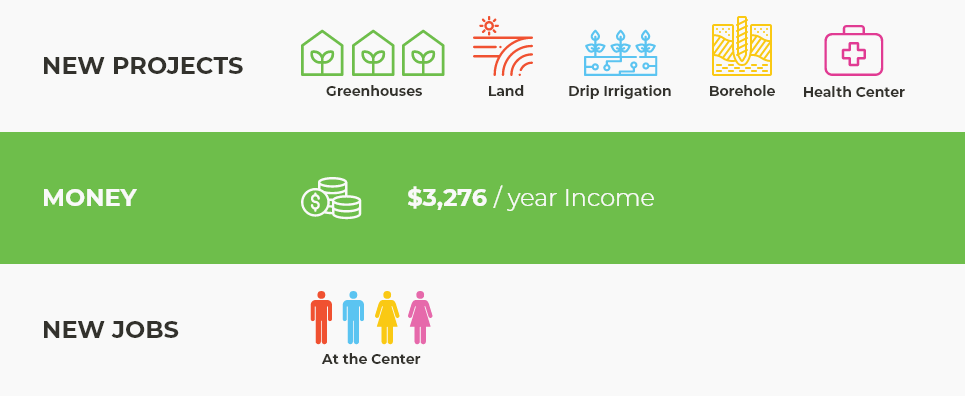
Kitechild’s partnership, consultancy, and projects have inspired, encouraged, and prepared Watoto Wema to expand projects, start new self-sufficiency initiatives, and strategically plan for the future.
Through networking made possible by Kitechild, Watoto Wema has received additional technical skills training on farming and livestock-rearing from the government. The center expanded their greenhouse agriculture, purchasing 2 additional greenhouses, an additional tenth of an acre of land, and starting drip irrigation for open-air farming on their one-acre urban farm.
When the collaborative LifeStraw water filter project did not meet their clean water needs, Watoto Wema found funding for a borehole and submersible water pump which supplies clean water for the center, its farm, and 12 neighbors, reducing water-borne illnesses. Watoto Wema sells surplus water to the community, generating approximately US$3,276 per year of income. The water has increased farm yields for the center and the neighbors. Watoto Wema plans to expand this enterprise to a bottling operation
for expanded sales.
Watoto Wema opened a health clinic in 2016 to treat the center’s resident children and the community, which needed closer and affordable health facilities. The children receive free treatment and the communities’ health services are subsidized by the center’s donors. Watoto Wema hopes to turn this into an income-generating venture by becoming a facility which offers government-subsidized health services, such as psycho-social support for tuberculosis and HIV/AIDS patients. The health center created 4 jobs for health workers.
Lessons Learned
The first two projects that Watoto Wema and Kitechild undertook together in 2013, the chicken coop and the LifeStraw filters, are no longer functioning. The coop was discontinued due to all of the chickens dying soon after installation as the partner did not have sufficient experience or training in chicken-raising. The water filters were not sized properly for the actual use and thus were also discontinued. While disappointing, several important lessons were learned which have made us more successful in subsequent projects and partnerships.
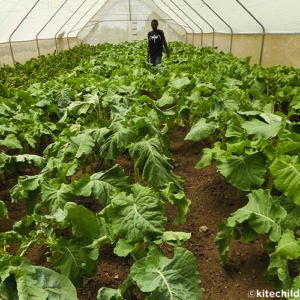
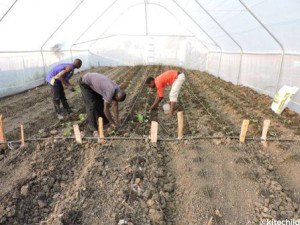
- Through the discontinued chicken and LifeStraw projects, we learned that research of an initiative and the buy-in of the actors is key to success of a project. The chicken coop and LifeStraw individual filters were our first projects in Kenya. We did not conduct sufficient research or appropriately lay the foundation for ownership with the partners before implementing these projects. Through the lessons of these discontinued projects, we have grown and become a better partner and implementer, building extremely successful new initiatives with Watoto Wema and with our other partners. Additionally, we researched LifeStraw filters with a new understanding of how they would be used. We have successfully introduced the family LifeStraw filters in a different setting 4 years ago. From our chicken coup project, we have identified methods to ensure the necessary environment and skills, such that this project could be implemented in the future with the correct partner and situation.
- Partner organizations should be drivers of their own development. They are the primary decision-makers, resource controllers, and planners, as they know their needs and the context best. Kitechild is a catalyst, facilitator, and supporter of this change process.
- We have also learnt that participative, horizontal learning creates change (e.g. farmer to farmer visits rather than structured classroom learning). Hence, if classroom learning is done, a follow-up with participative learning is important.
Conclusion
Our partnership with Watoto Wema demonstrates that collaborative, eco-conscious, self-sufficiency projects do improve at-risk children’s lives. Watoto Wema has improved its quality of childcare, through trained staff, a lower ratio of caregivers to children, better and increased nutrition, food security, improved sanitation, better intake of children to the program, and a successful reintegration to family program. This has been made possible due to stabilized and increased income, better management and planning, increased transparency, implementation of best care practices, diversified food, and increased access to healthcare and clean water. These projects were designed and implemented with the local partner so that they were sustainable and fit the organization’s needs and local context.
Photo Album
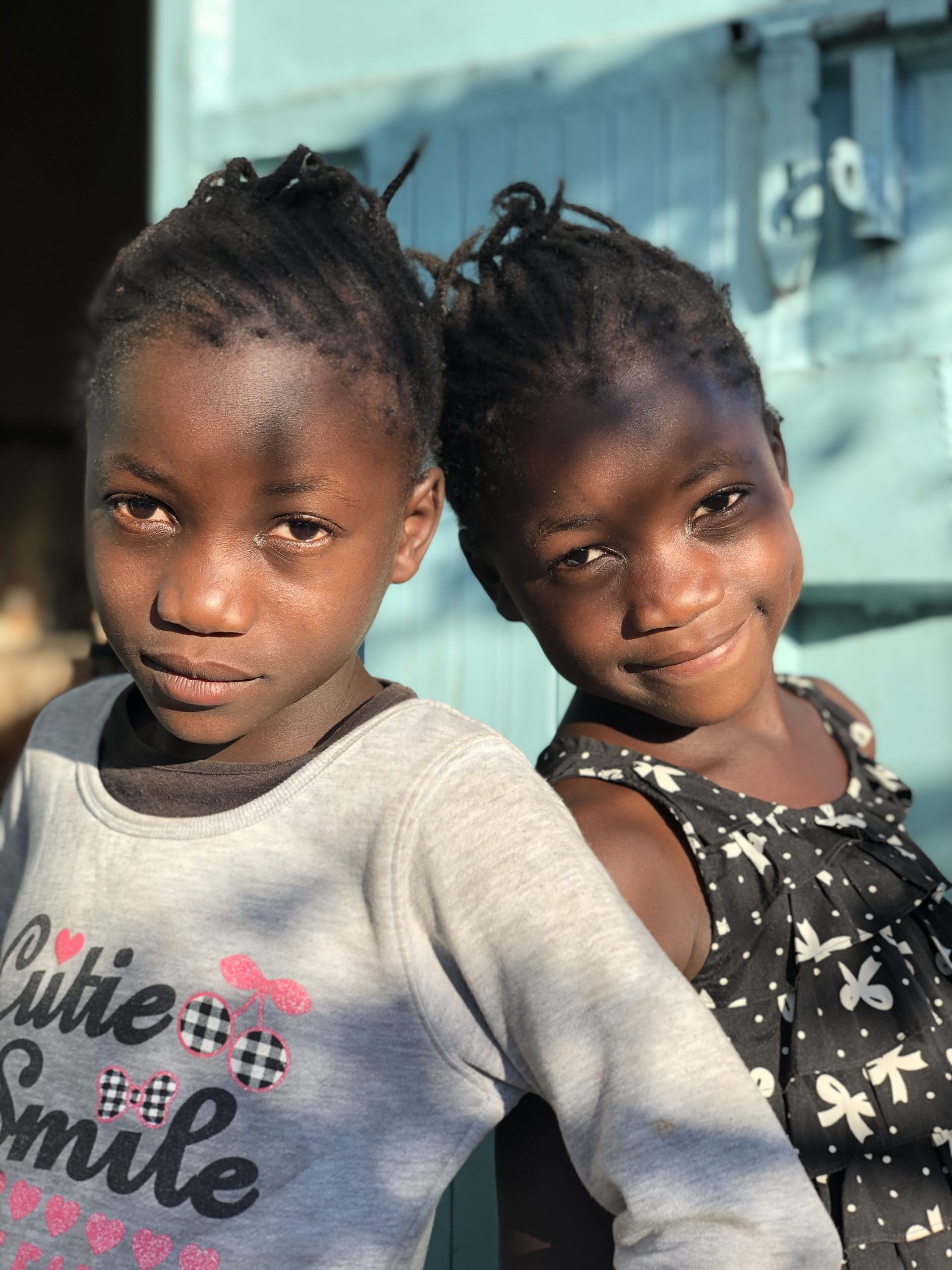
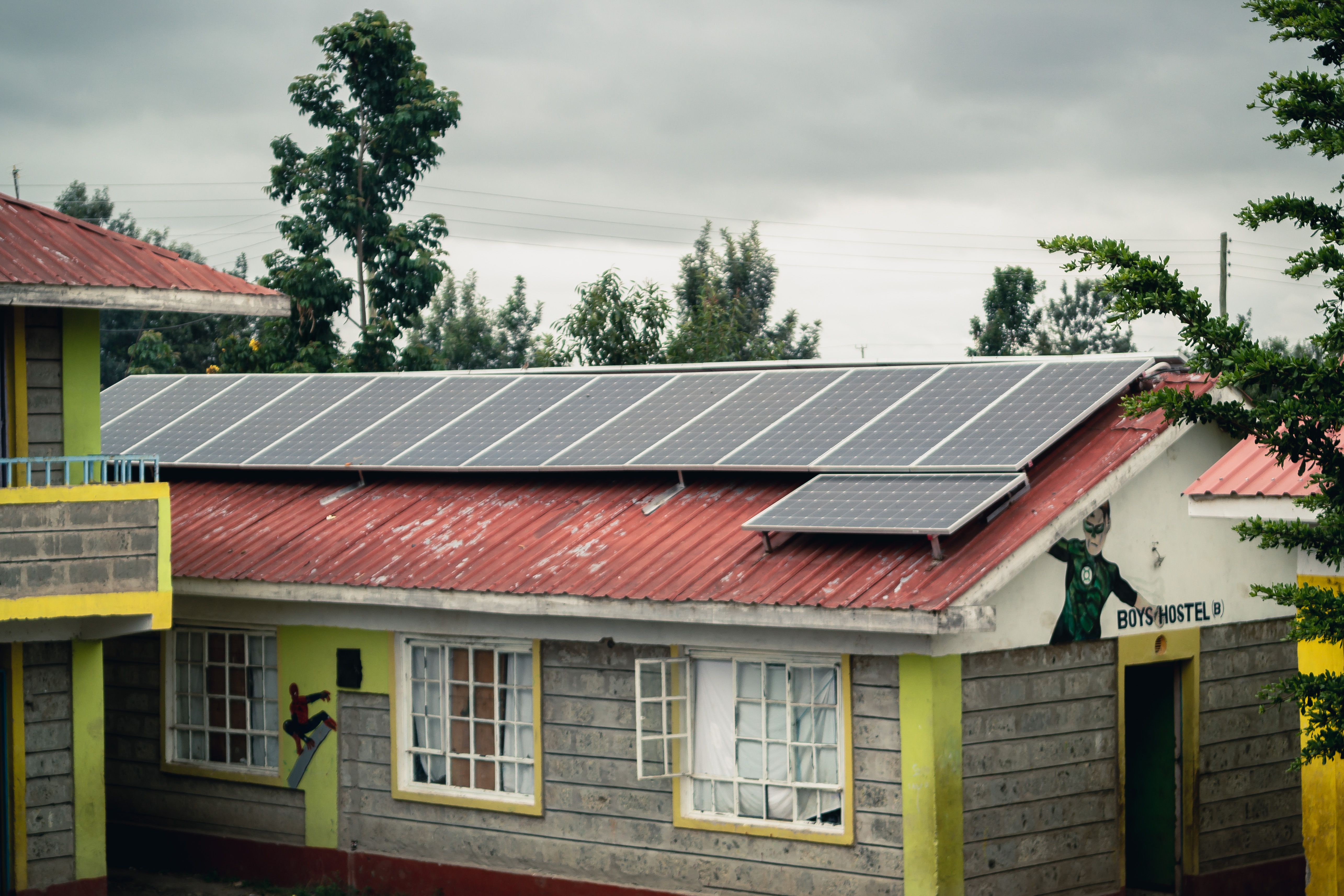
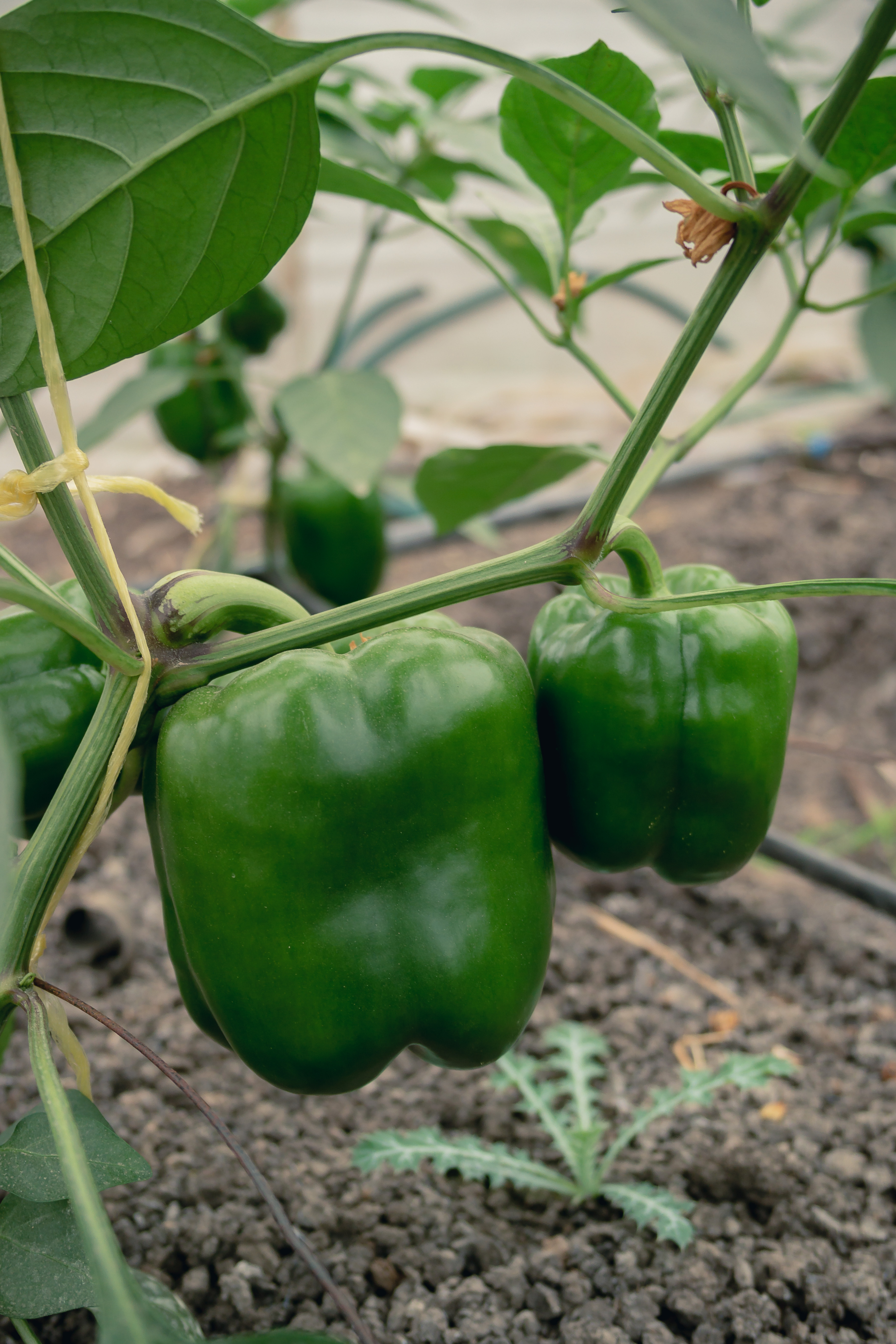
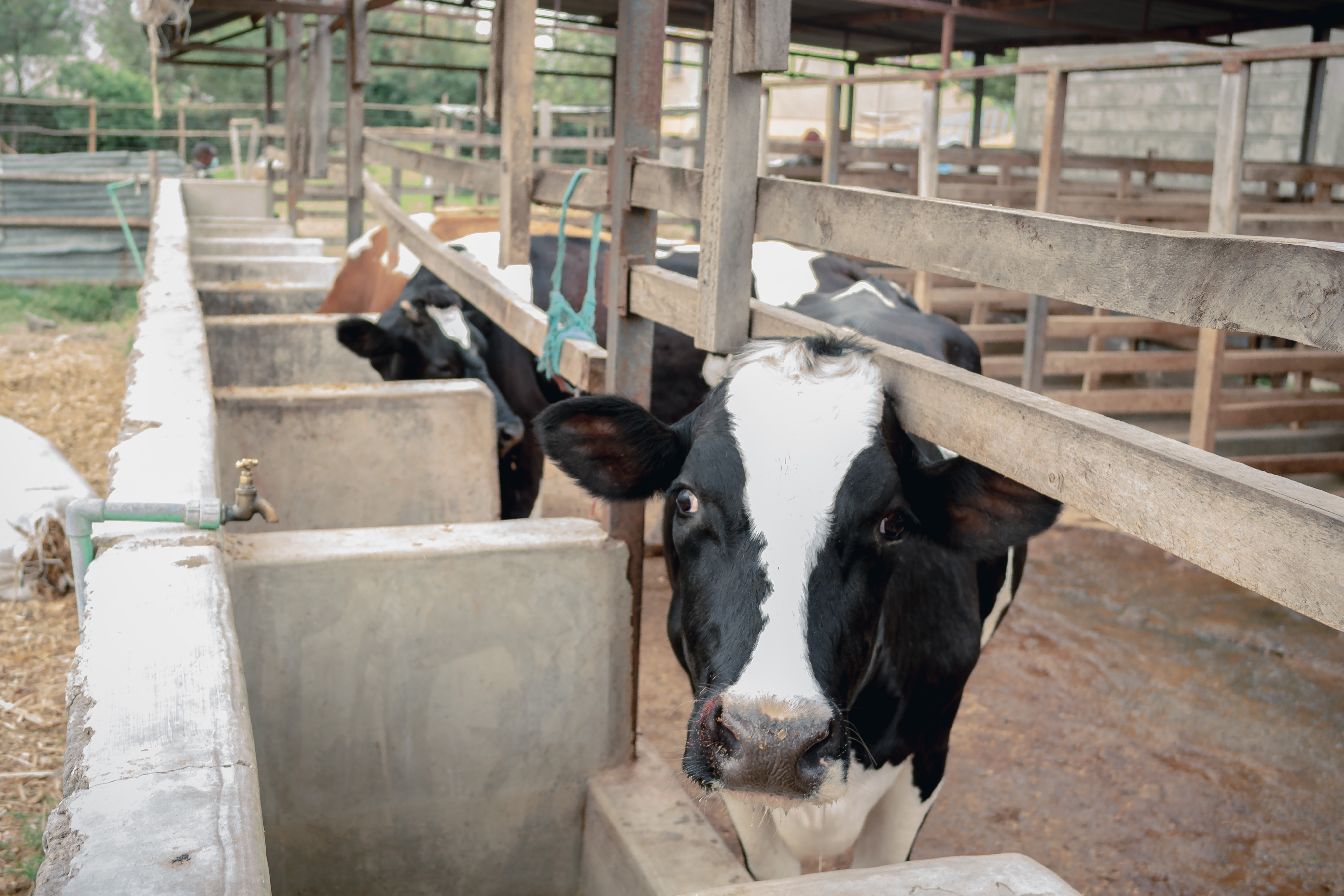
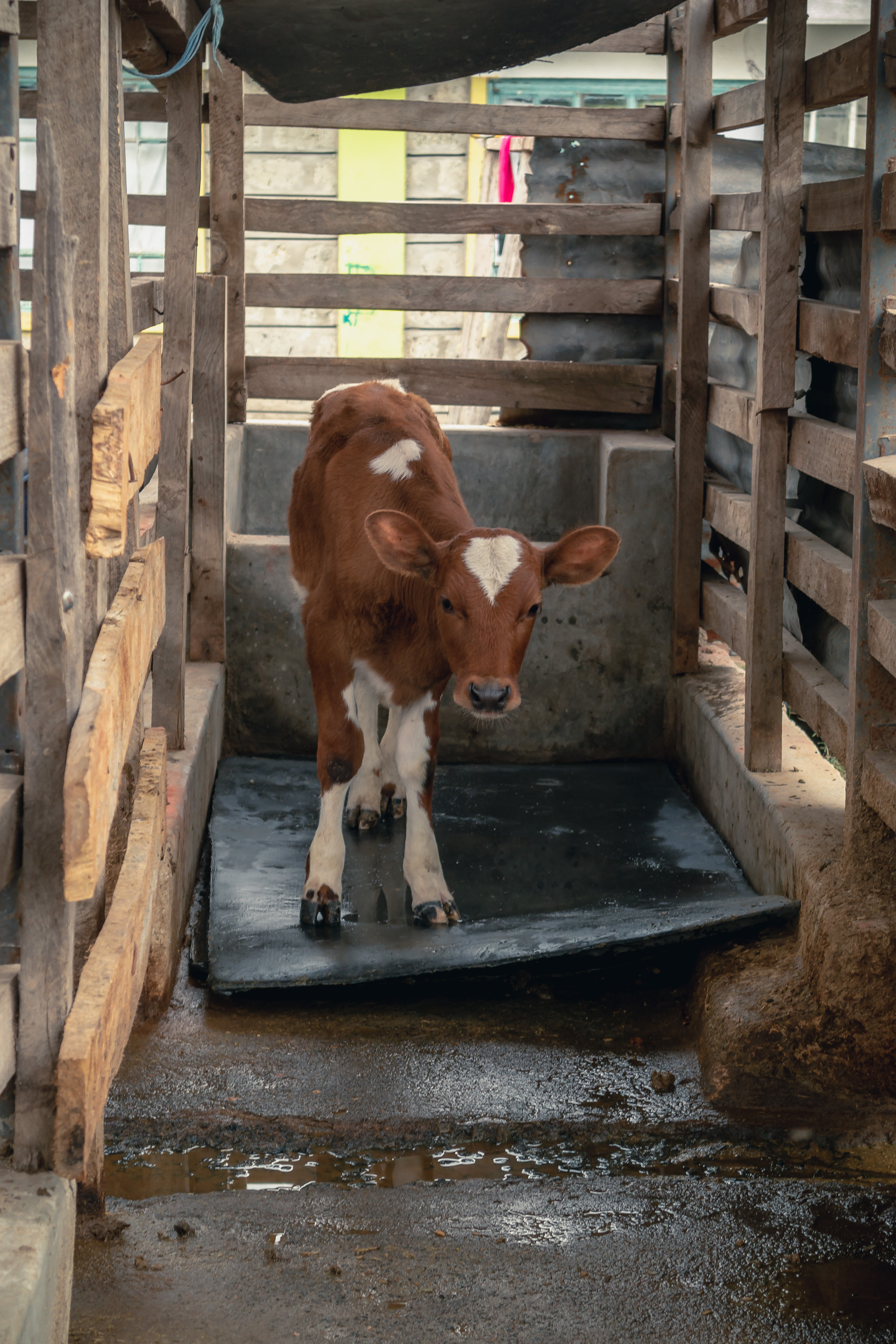
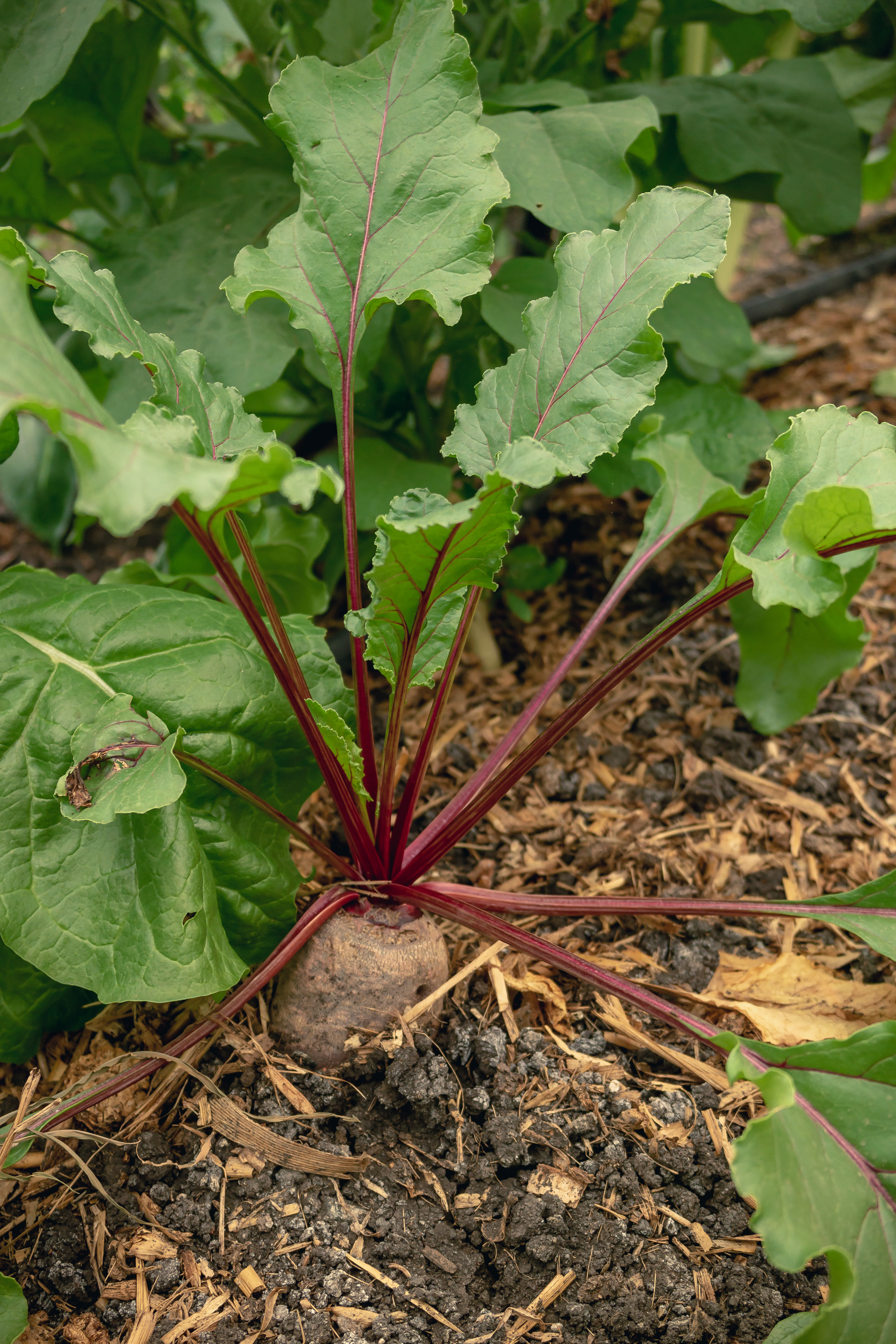
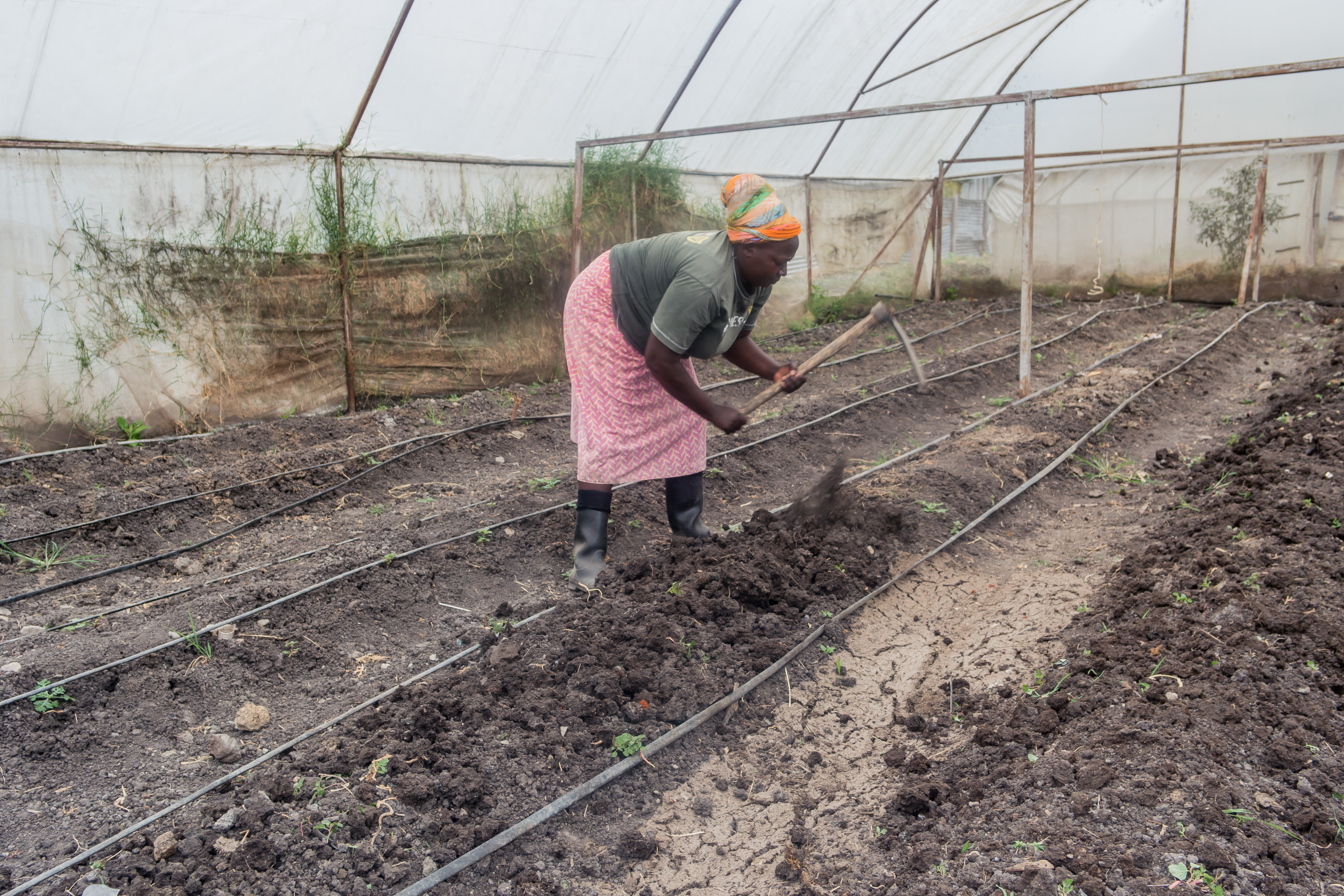
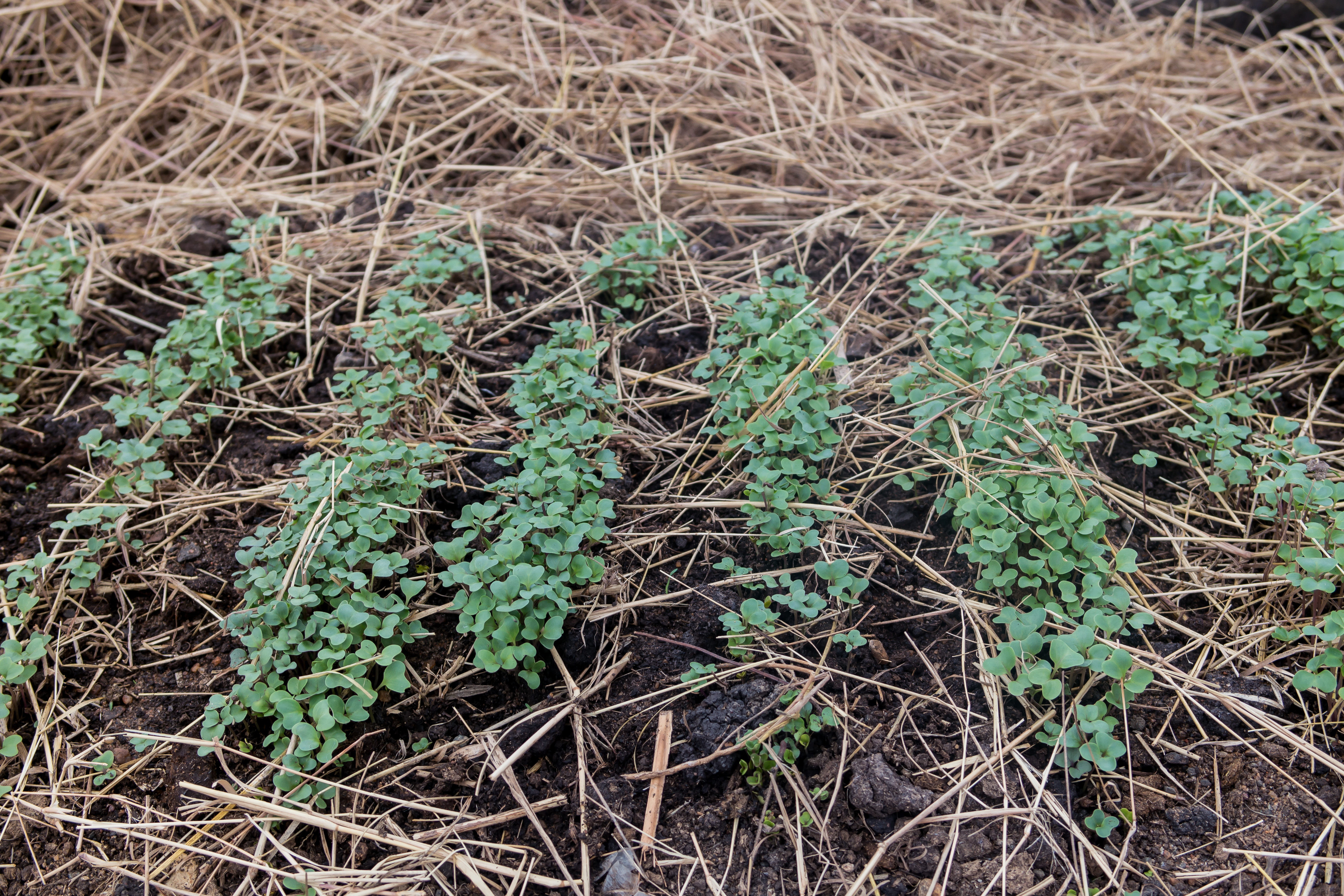
Tumaini Itugururu
Partner: Tumaini Itugururu Children’s Home
In 2005, Pastor Charles Mutegi and his wife Mary opened their home to needy children. Community leaders helped the couple acquire a half acre parcel of land in 2012 and Tumaini Itugururu Children’s Home was built. Today, the center feeds 135 people: 38 residential children, of which 10 are HIV positive, and 97 children who reside at home with their guardians off site. It also supports 68 elderly and HIV-affected adult caregivers of those children living in kinship care.
Challenges
Tumaini Itugururu’s organic growth from a family opening their home to desperate children to becoming a center resulted in many make-shift solutions to urgent needs and a lack of formal processes and organizational structure. Tumaini’s income was entirely dependent on unpredictable donations, which did not allow reliable budgeting or planning for upcoming needs, improvements, or growth. Unstable income resulted in food insecurity. Located off the power grid and a water line, health, hygiene, and safety were at risk for the children and staff as they used kerosene oil lamps for lighting, and restricted water use for drinking, cleaning, and personal grooming.
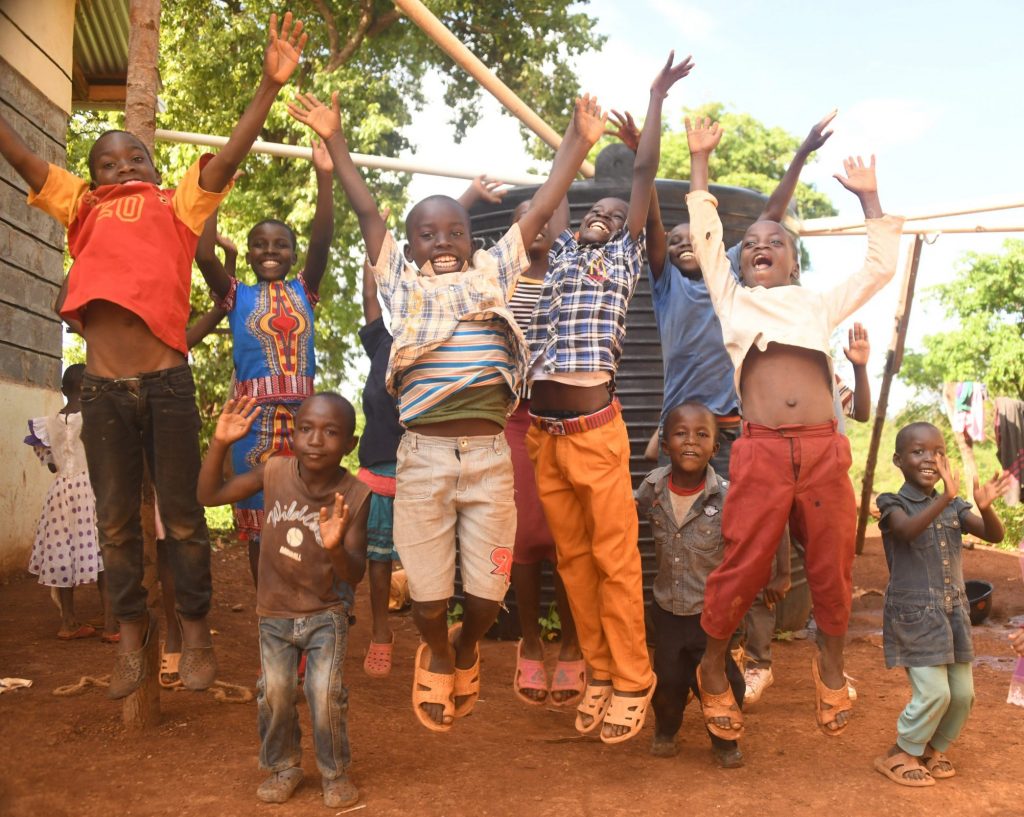
Collaborative Projects
Tumaini Itugururu’s passion to improve the lives of at-risk children and their desire for self-sufficiency fit well with Kitechild’s ethos and sustainable projects model. In 2018, they formalized their relationship as a partnership and began identifying ways to improve operations and projects for self-sufficiency. To date, Kitechild and Tumaini Itugururu have collaboratively implemented four initiatives:
- Water Havesting (2018; US$3,000) two 10,000 liter tanks
- Poultry-keeping (2019; US$8,000) 250 chickens for egg production
- Solar Power Lighting (2020; US$1,400) two 120W solar panels along with 12 lights and 4 power sockets for light, poultry lamps, and electrical needs
- Drip-line irrigation system for urban farm (2020; US$350)
Additionally, Tumaini Itugururu participated in 3 Reintegration Trainings (2018 & ’19; US$400) offered by Kitechild. Kitechild’s Project Manager Martha Maina and Kitechild partner, Kenyan government Children’s Officer Eunice Njeri, provided zero cost consultant advising on organizational structure and caregiving practices. Due to the Covid-19 pandemic crisis, Kitechild intervened, providing food and other basic needs in the center.
Impact
The water harvesting project provides enough clean drinking and cleaning water for the center. Prior to this they purchased water requiring additional time and money for transport. The water was severely rationed resulting, in part, to the children being unkempt. This project saves approximately US$77 per month and allows the staff to spend less time on securing necessities and more time focused on the children and center’s needs.
Installation of solar panels primarily provides lighting at the center, allowing for a better environment for children to do homework in the evening and for caring for the youngest children who need help at night. There was a security light installed and small devices such as an electric hair clippers and an electric keyboard for the children to play music. The solar power is both clean energy and clean lighting so that the children are no longer breathing in kerosene smoke and fumes. The savings on kerosene and professional haircuts equals approximately US$444 per year.
The children now have a more stable and nutritious diet as a result of the poultry and drip irrigation projects. While the eggs are not replacing food, so there is not any savings, they enhance nutrition. Animal protein is expensive. Through the chicken coup, the children each eat two eggs a week. The extra eggs are sold which off-sets the cost of the chickens and creates an income of approximately US$874 per year.
The egg incubator, powered by the solar project, allows the center to sell chicks to the community and replace the coup’s chickens as they age. Roosters and aging hens are sold to pay for poultry expenses. In the future, the center hopes to hatch and raise some chicks to give to the family-based caregivers who the organization also supports. Through Tumaini’s small drip irrigation farm, they are able to produce enough vegetables to ensure two meals a week are rich in nutrients. While this might not seem like a lot, this represents an important change in the children’s diet, with guaranteed food and increased vegetable diversity. The garden saves the center approximately US$333 per year.
The center attended the last two of the three Reintegration trainings organized by Kitechild. Since then, Tumaini Intugururu created a reintegration exit plan for residential children and came into compliance with government children’s care center regulations. 15 children have been successfully rejoined to their families. The Kenyan government’s children’s department is now referring cases to them for temporary placement and reintegration. The center has also hired an additional caregiver.
The organizational management consultations by Kitechild’s Project Manager Martha Maina provided needed skills and knowledge on how to improve financial and beneficiary record-keeping. The more thorough documentation of the children is essential for reintegration and care. The center has added a 13-member board of directors for increased financial and management transparency and leadership.
Secondary Impact
Tumaini Itugururu’s drip irrigation farm acts as a training area for the community to learn better farming and irrigation techniques. Two neighbors are saving to buy their own drip irrigation systems. Additionally, the resident children are learning about better farming so that as they are reintegrated into families, they can bring this life-skill.
The center has begun a goat-rearing project on their own initiative. They purchased two goats in 2020 for the purpose of milk production. They are giving this milk to the smallest children at the center to support their nutrition.
To support homes of Tumaini’s family-care-based children, they have organized voluntary self-help groups for caregivers. These groups address emotional, social, and economic needs as a community of care.
Lessons Learned
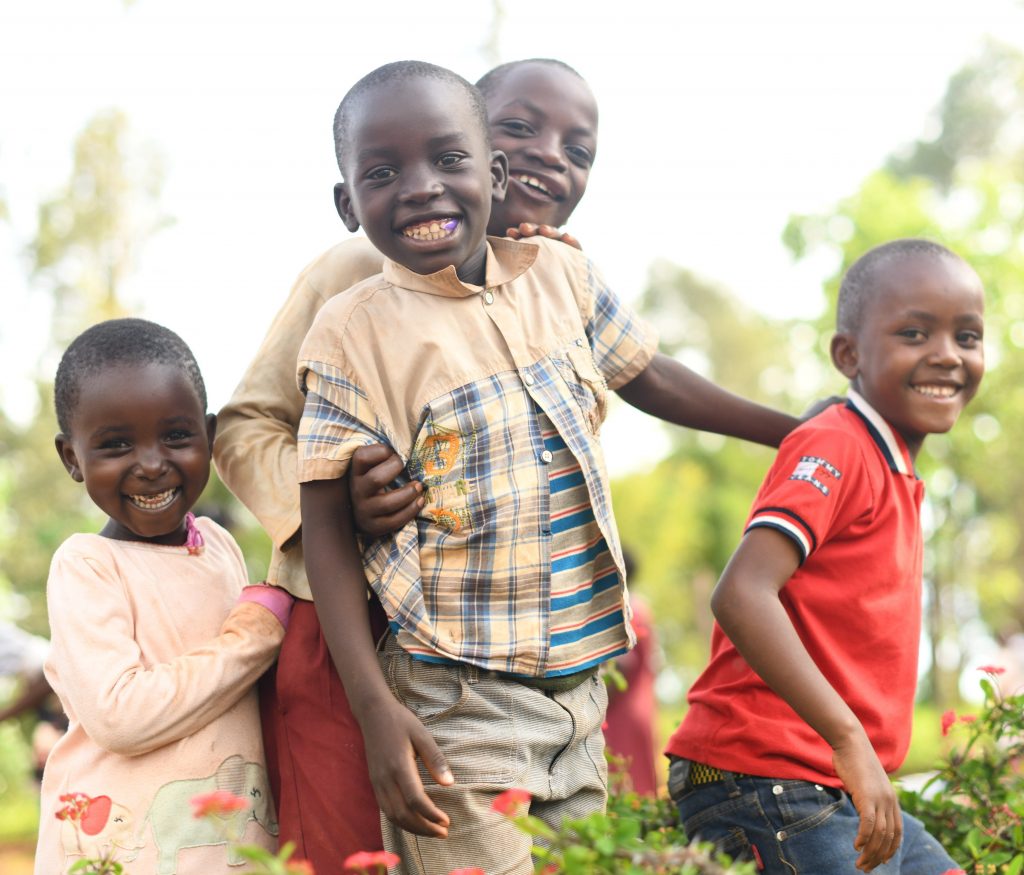
Simple changes by an organization, such as improving organizational structure and improved self-sufficiency translate into a better living environment for children. Both Kitechild’s program manager and Tumaini’s staff have observed that the children are much happier since the implementation of these projects.
Improving the lighting at the center was a low cost project but the psychological and physical impact is high.
Many children’s centers are not started by child care or management professionals but with willing leadership, professional guidance, and clear information, they are able to transition and improve their caregiving and operations.
The poultry farm continues to be a project which Kitechild learns how to more efficiently implement. It takes longer to reach milestones, such as breaking even and then turning a profit, than expected and desired. There seems to be a larger learning curve than anticipated for organizations in terms of caring for poultry. Kitechild remains committed to openly and honestly analyzing the project by admitting failures, researching better methods for installation, and identifying best practices for success.
Conclusion
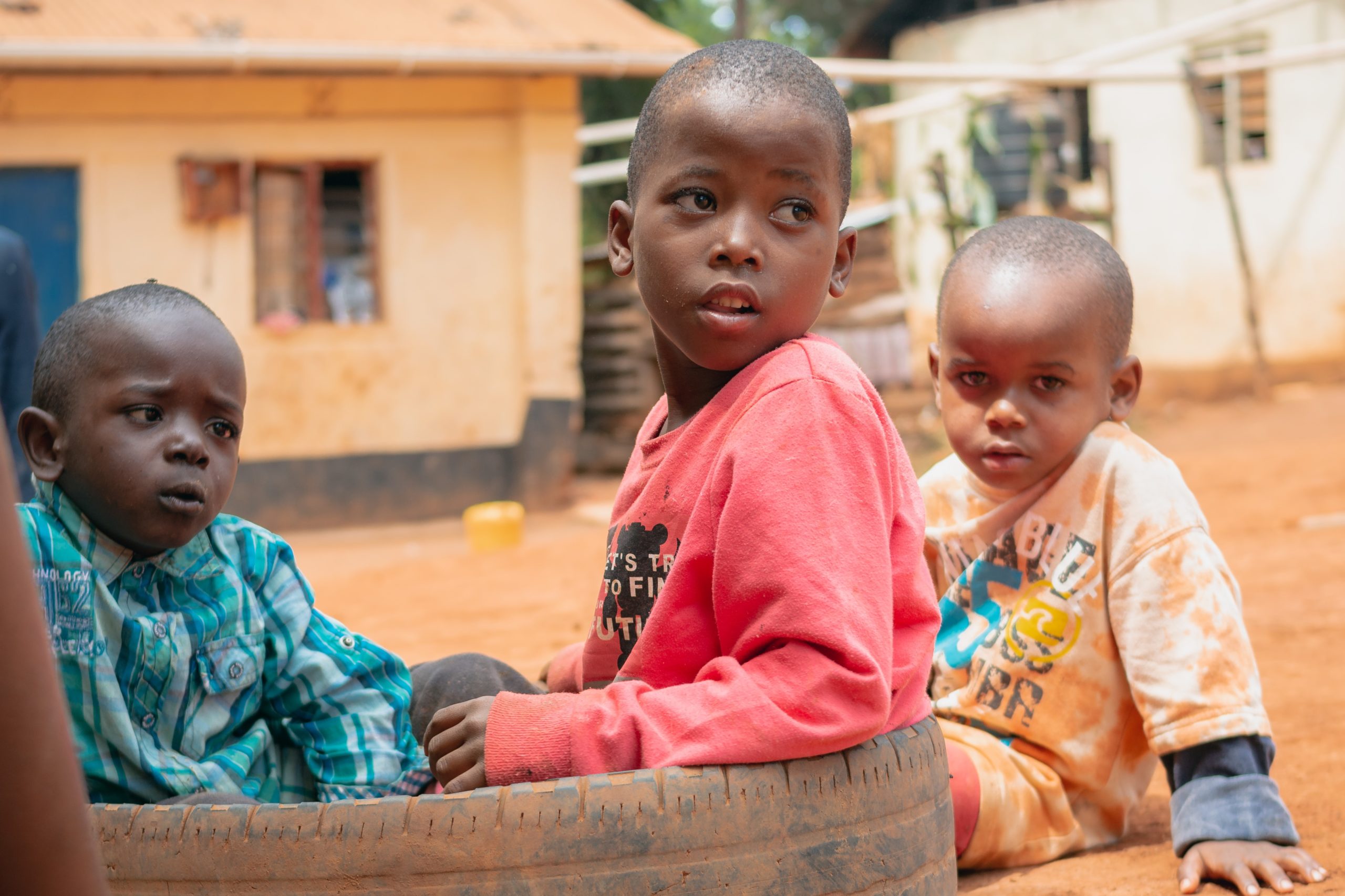
Through the Tumaini Itugururu – Kitechild partnership, we have created a healthier and safer environment for the resident children. The center has reduced costs and is working towards generating income. They are excited, energetic, and engaged, actively moving to implement and expand on the skills they have learned through the collaborative initiatives. Tumaini Itugururu is moving towards greater self-sufficiency, improved care for at-risk children, and strengthened fragile family care.
Photo Album
